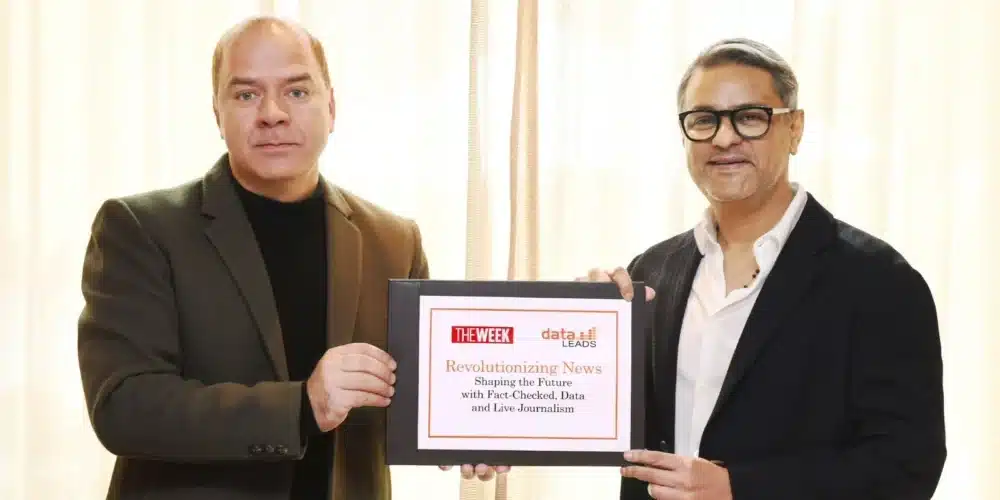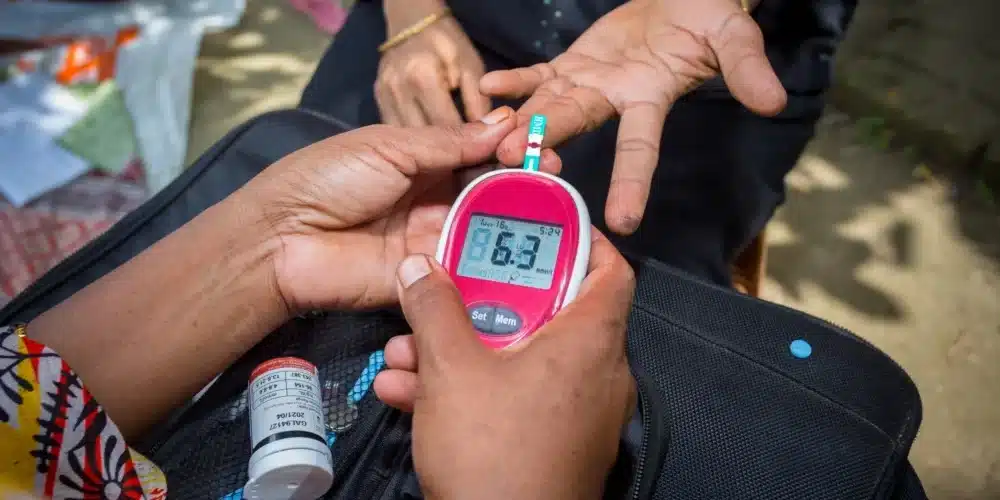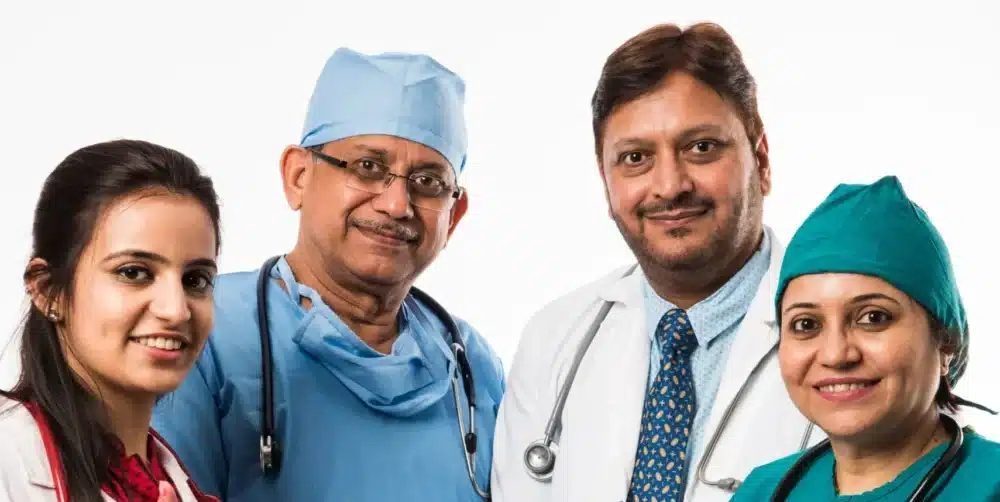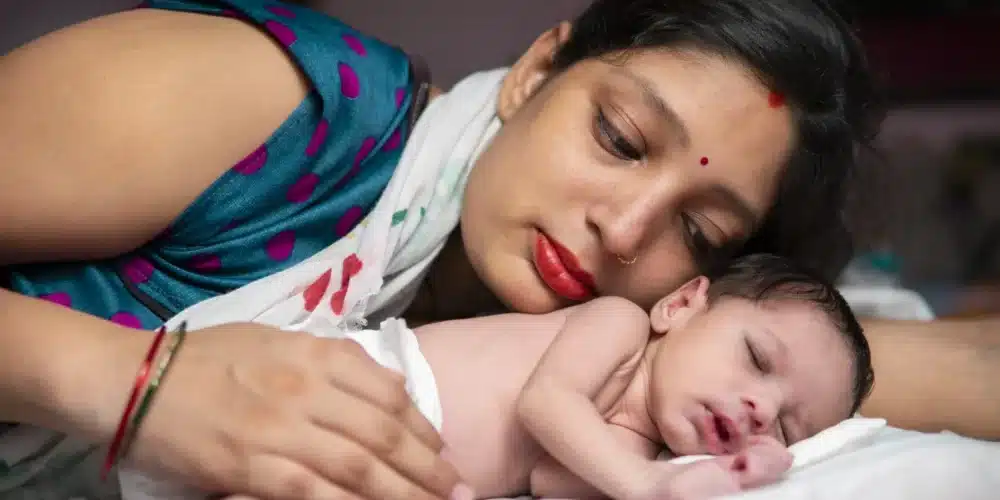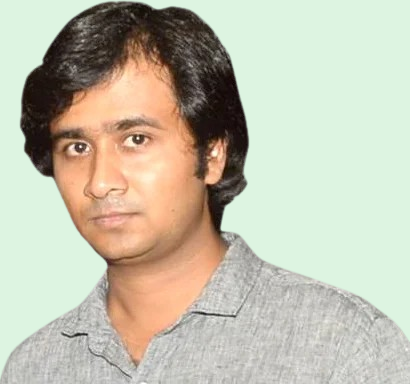
I was introduced to the world of fact-checking after working in the public health sector for more than eight years. Although health promotion was one of my fields of expertise, I had no idea that there existed a systematic methodology to detect false health claims and evaluate evidence critically in the public domain.
It was only when I joined the infodemic management training at the World Health Organization (WHO) that I realised there was so much to learn. Particularly since that was the time when COVID-19 had first struck and healthcare professionals were still clueless about the disease and its impact.
Around the same time, I joined the wonderful First Check network, consisting of professionals who excel in debunking health misinformation. Given the overload of health misinformation that was circulating, enabled by information technology, the need of the hour was to strengthen our fact-checking initiatives.
Since I embraced fact-checking as an important endeavour, my professional life has been different. From fact-checking health information circulating on social media to educating people about scientific facts and empowering the community to make informed health choices, I find my work to be a lot more fulfilling.
During the promotion of booster dose for COVID-19 vaccine, for example, I could witness the impact of our work at the grassroots levels. In Sri Lanka, like in many parts of the world, people were overburdened with misinformation about the vaccine – online as well as in the physical world – prompting many to avoid getting vaccinated. As a public health professional, I considered it my responsibility to put into action the various fact-checking lessons that I had learnt.
We initiated a powerful campaign to debunk vaccine-related misinformation, using both online and offline methods. Given the pre-dominantly rural nature of the target population, offline focus group discussions with diverse groups had a remarkable impact. Over a couple of months, we saw the vaccination numbers go up by 17%!
The results have given me the necessary encouragement to employ more fact-checking methods, with the support of the global community of fact-checkers, in health promotion and behavioural change communication. The idea really is to talk to the heart of the person!
Interestingly, my fact-checking efforts have also made me realise my own weaknesses and limitations. However, with the support of a strong community like First Check, I have been able to perseverance in this endeavour.

Dr Sameera Ranasinghe
Doctor in Community Medicine,
Ministry of Health, Sri Lanka






